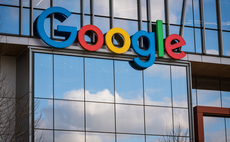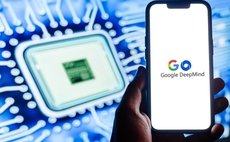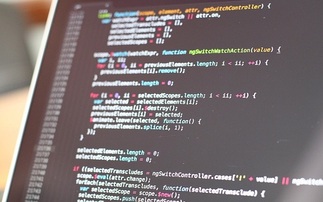Patent benefits unlikely to save Google from legal challenges, analysts warn
Google's shock $12.5bn acquisition of Motorola Mobility could have huge benefits for Microsoft by forcing companies such as Samsung and HTC, which favoured the Android platform, to switch allegianc...
To continue reading this article...
Join Computing
- Unlimited access to real-time news, analysis and opinion from the technology industry
- Receive important and breaking news in our daily newsletter
- Be the first to hear about our events and awards programmes
- Join live member only interviews with IT leaders at the ‘IT Lounge’; your chance to ask your burning tech questions and have them answered
- Access to the Computing Delta hub providing market intelligence and research
- Receive our members-only newsletter with exclusive opinion pieces from senior IT Leaders























